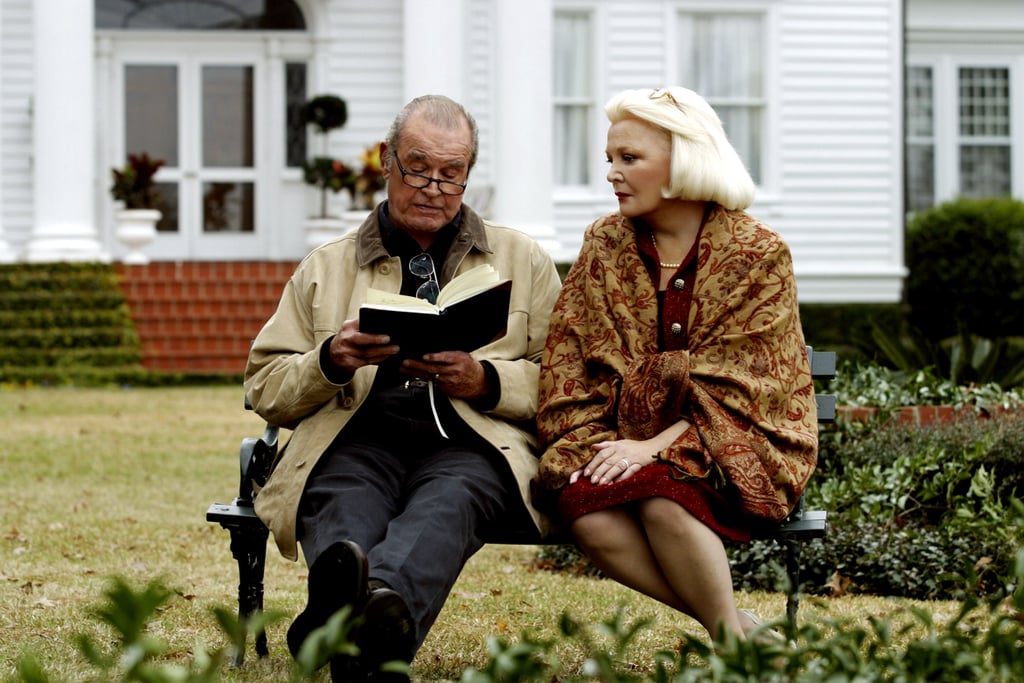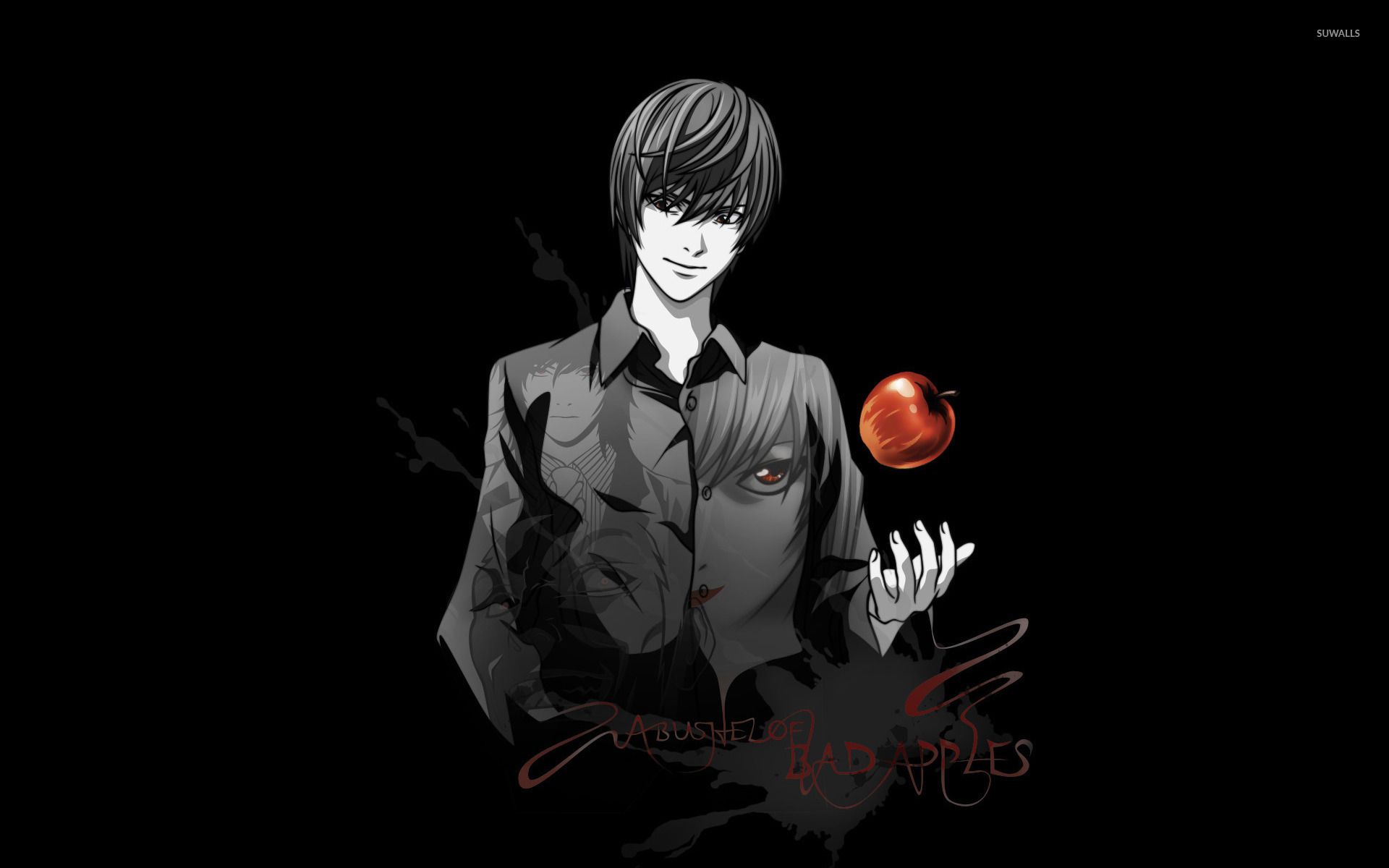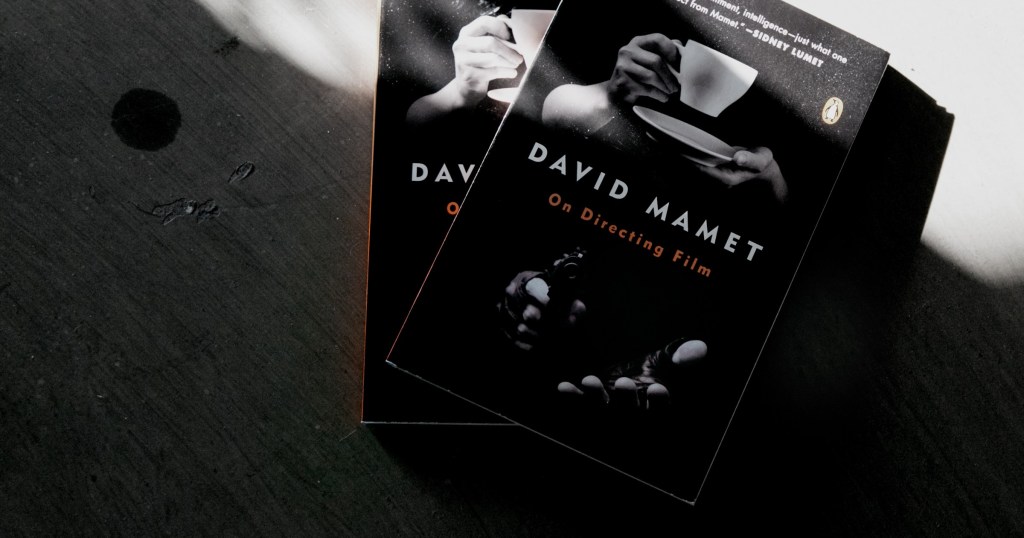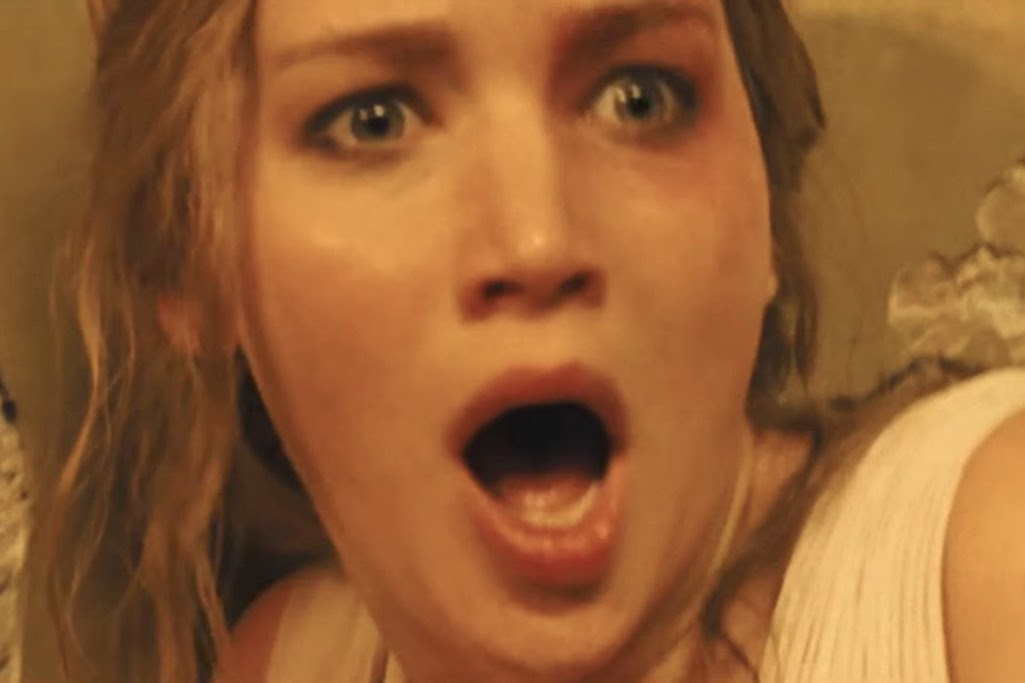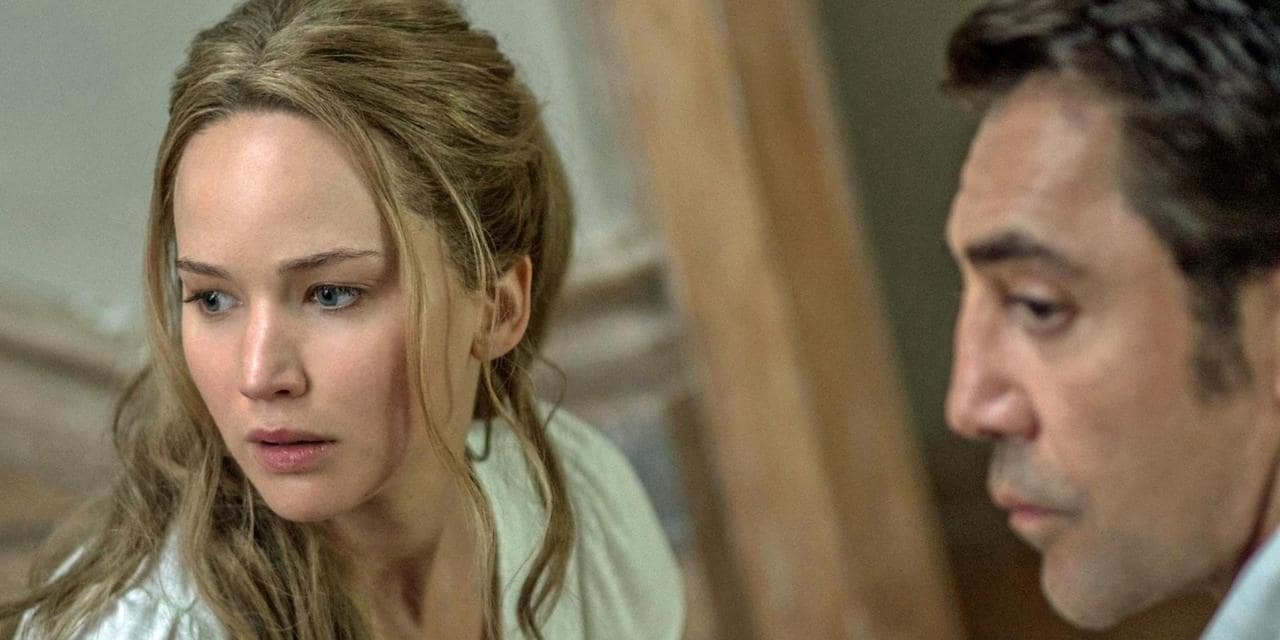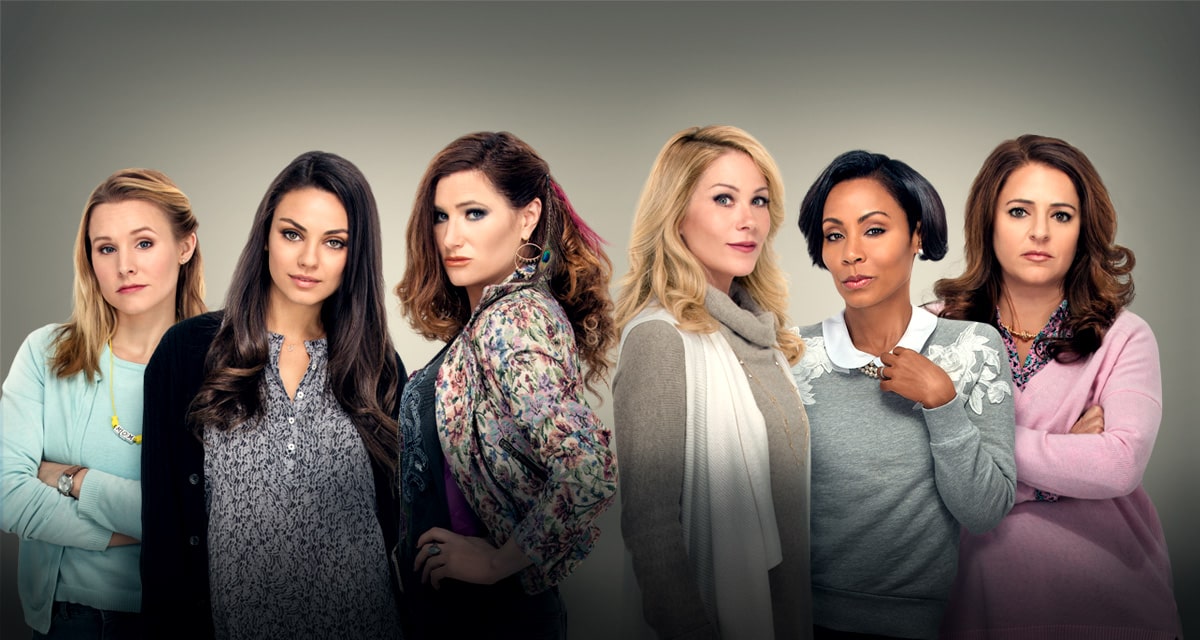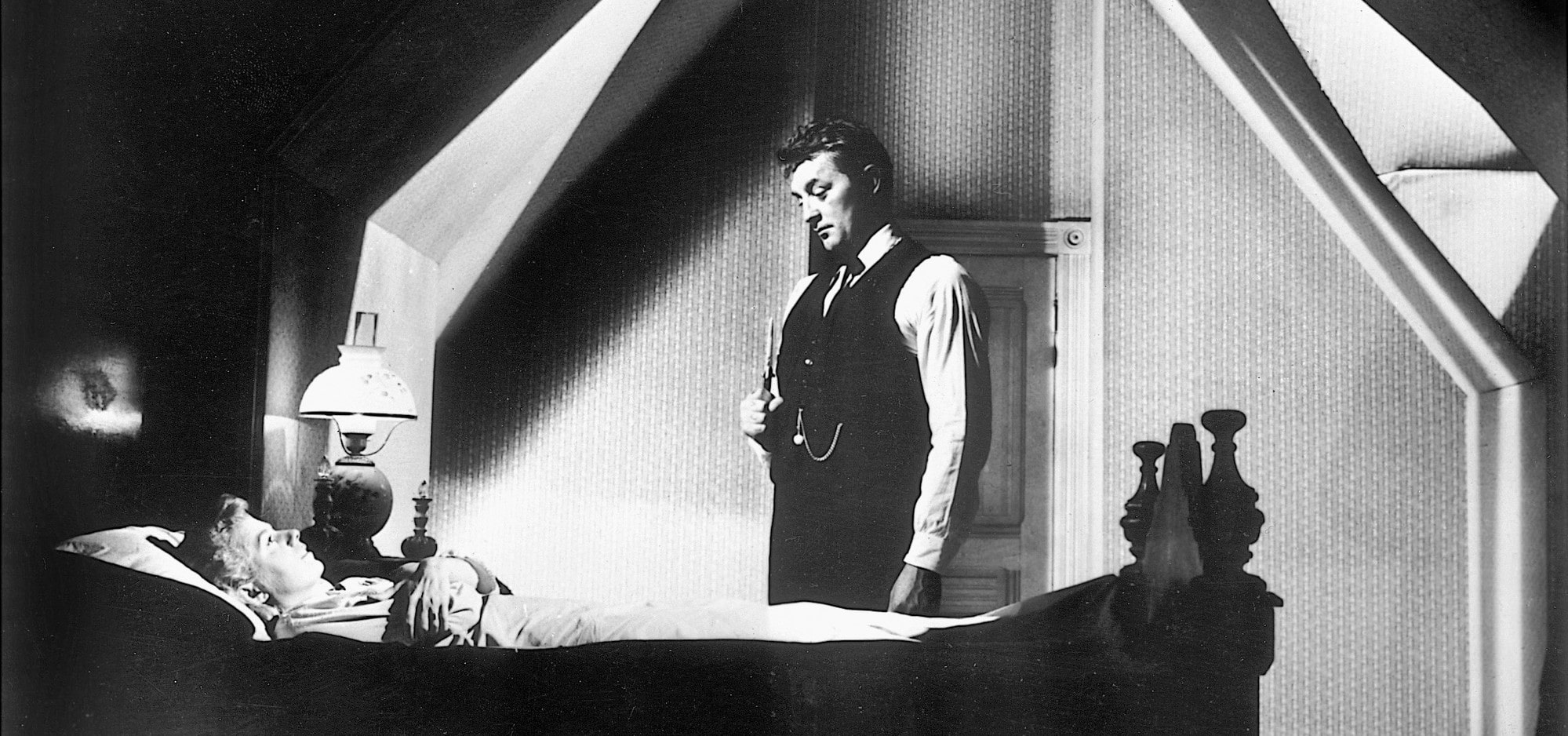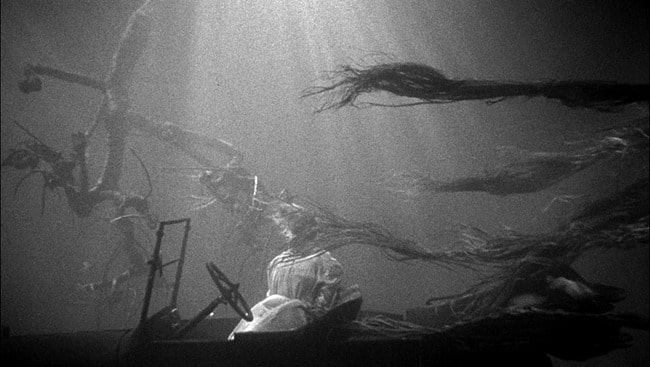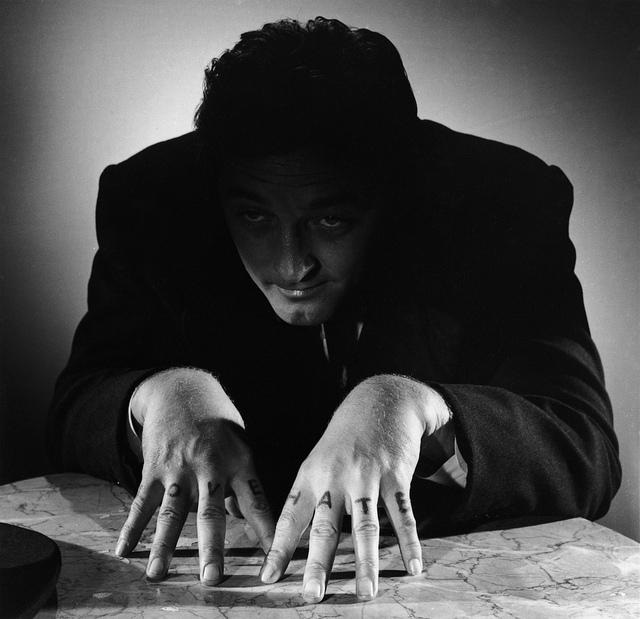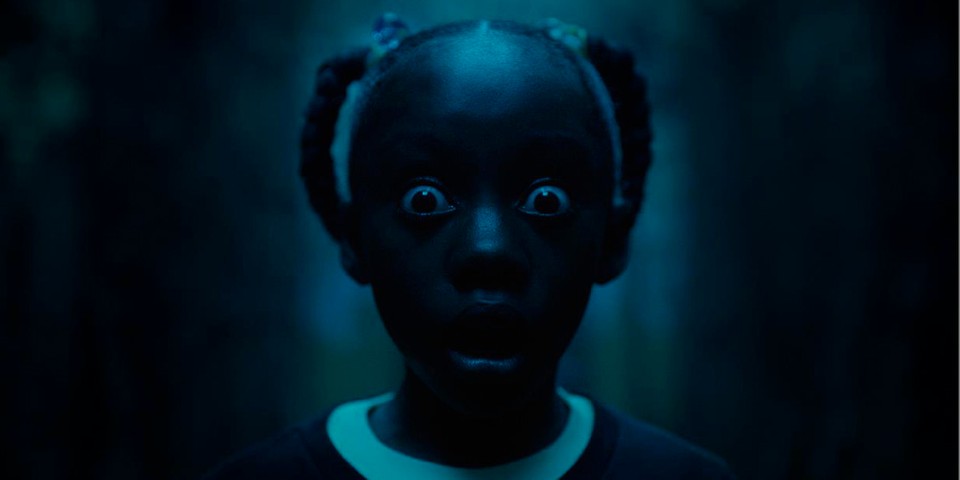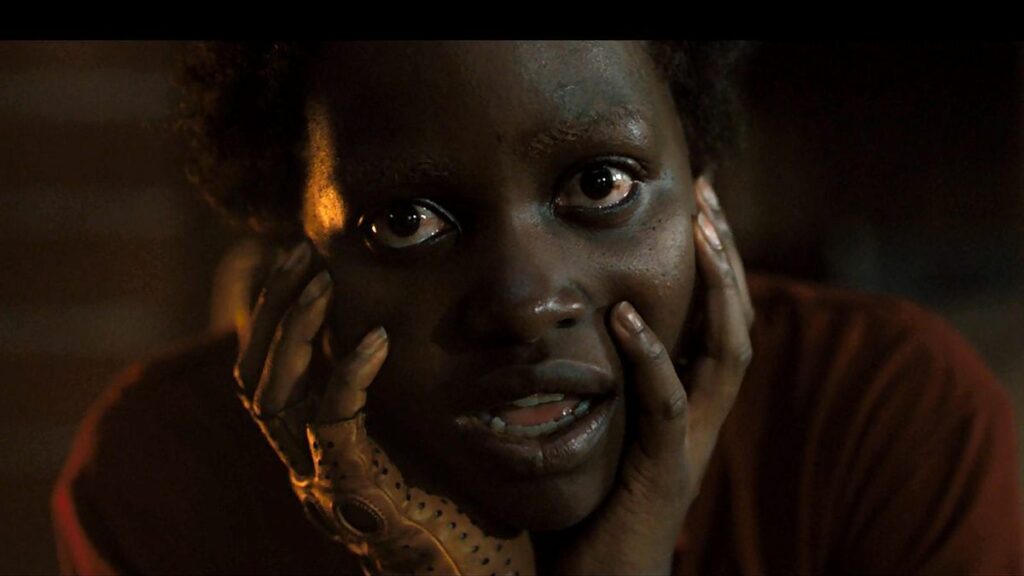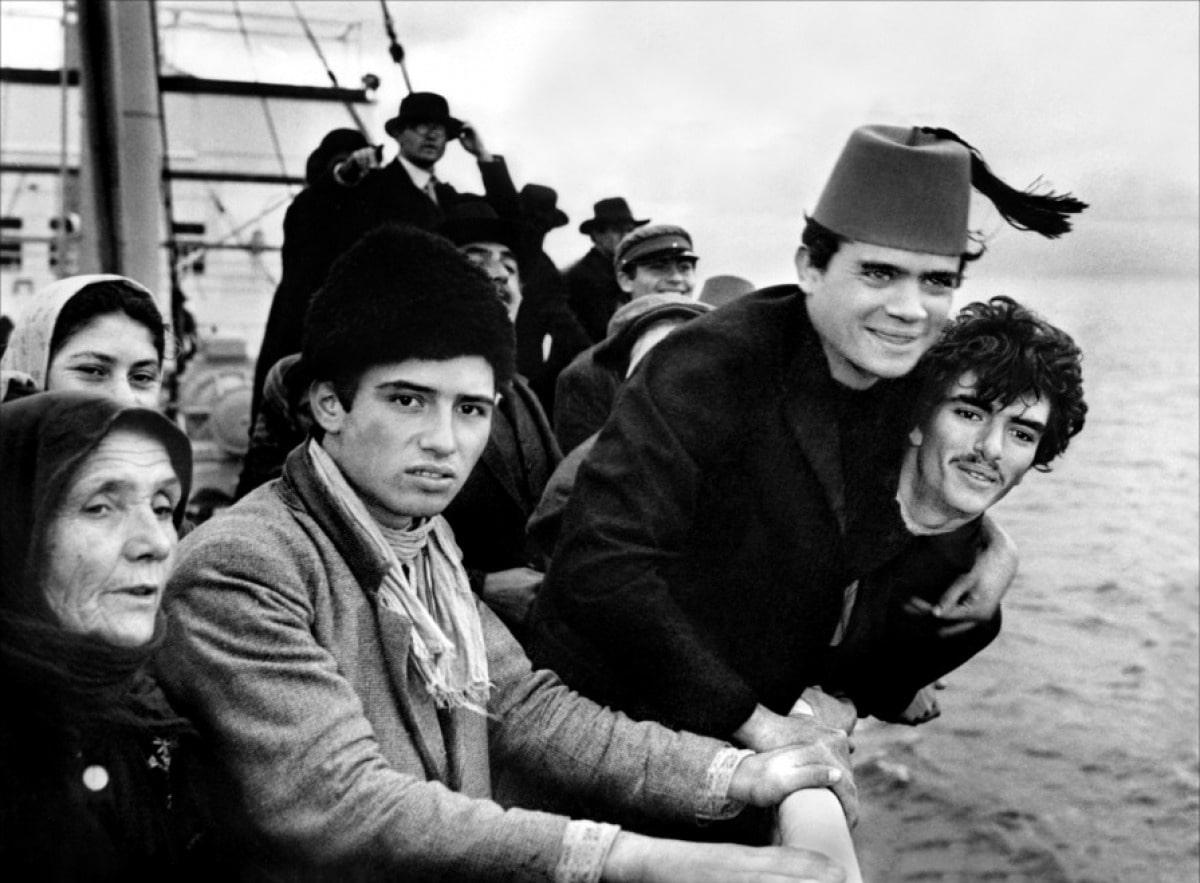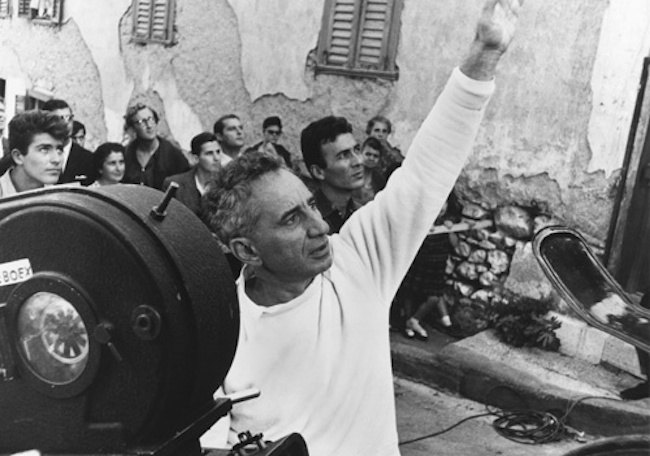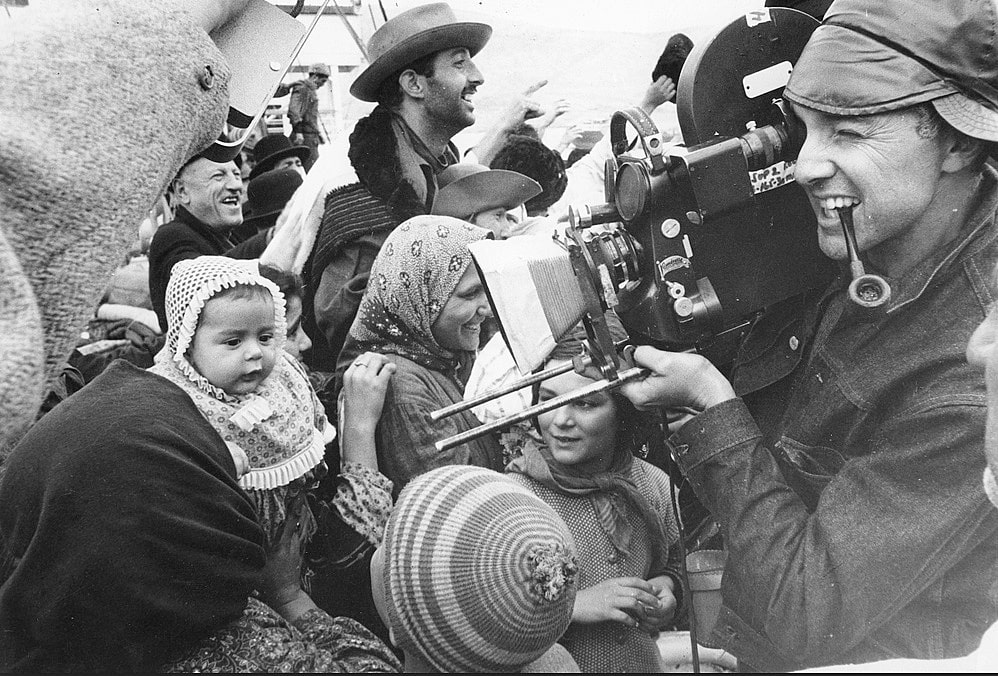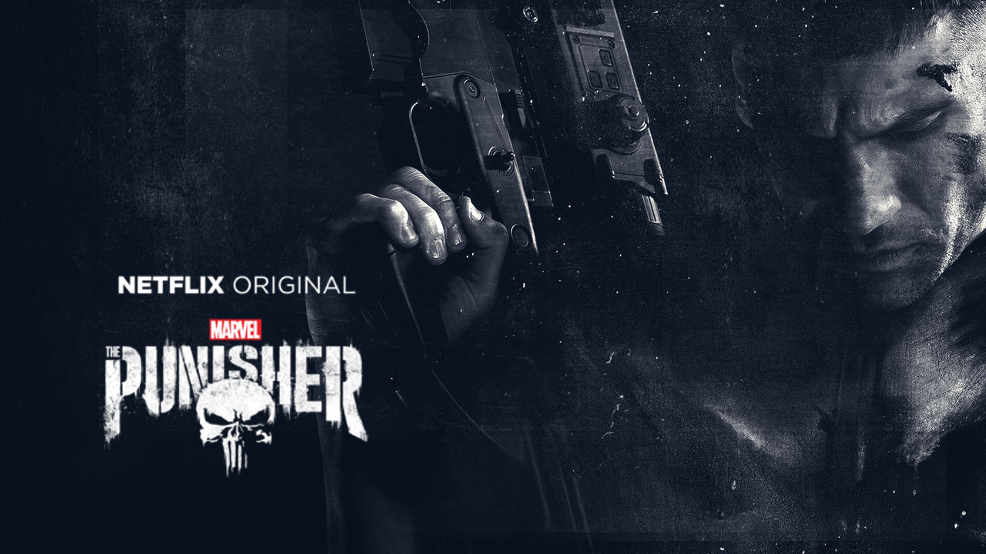
The Punisher
As the title of this review suggests, I have suffered. Some at the hands of what I consider subpar storytelling and character development, but with the occasional graphic action treat. Some at the hands of myself, and my compulsion to finish this show because I can’t stop ripping it apart.
It’s a little unfair, as most of my criticisms come from a production standpoint; in my defense, however, I only defaulted to this because I found it hard to stay engaged in the story. I’ll knock out the production stuff quickly, then move onto more audience-centric issues.
The cadence of the actors and the devices they regularly fall back on are distracting. For example, Jonathan Edward Bernthal (“Frank Castle/Punisher”) regularly does this thing where he bobs his head back and forth while talking – as though he’s trying to find clues for what line is next from cue cards positioned offscreen. Amber Rose Revah (“Agent Madani”) has this weird palatal fricative pronunciations of words that draw attention to the awkward contortions of her mouth. (And yes, I had to look this shit up it was so irritating.) I don’t know if this was a character choice, and I haven’t seen anything else she’s been in, but it was incredibly distracting and weakened her character to the point where I would start skipping through her scenes in 10-second increments.
Even bitplayers dragged on my nerves with their bullshit “business.” Deborah Ann Woll, who plays the reporter Karen Page (great job on the name, guys…Jesus) does this fucking lip-bite in every remotely emotional scene. Please find something else, lady.
There are obvious set reuses, and later on they just stop caring – like when the psychiatrist helping Billy Russo ends up in the same hospital room where Frank Castle formerly was.
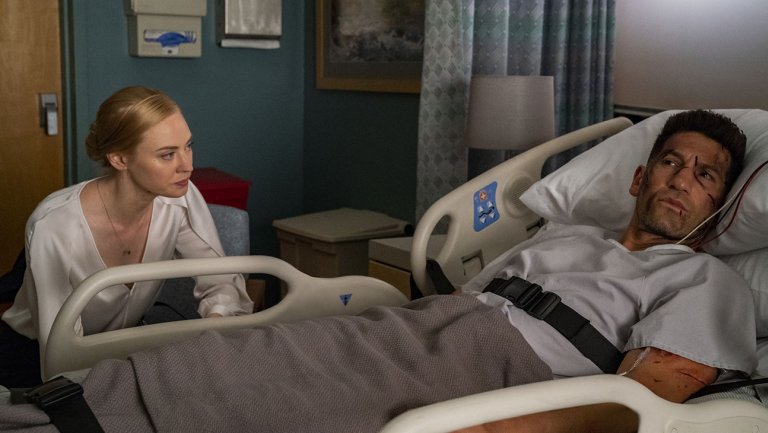 They needed some technical consulting, especially since we’re expected to believe these ex-military folks are legit and elite in their jobs. It should be second nature, and you wouldn’t be referring to a magazine as a “clip.” It’s just sloppy.
They needed some technical consulting, especially since we’re expected to believe these ex-military folks are legit and elite in their jobs. It should be second nature, and you wouldn’t be referring to a magazine as a “clip.” It’s just sloppy.
As an audience member, and suspending my technical concerns, the show has some major flaws. Mainly, it feels like a rehash of other rehashes. The first season was manageable. But by the start of the second season, I knew we were in trouble.
The plot of the first episode in season two unfolds like a 12-year-old’s power fantasy. Here’s how it starts: Castle is living a new life in the midwest. He’s at a bar with, yep, an attractive bartender. What happens next? Don’t pretend you don’t know. Some drunk patron comes up and aggressively flirts with her – actually uses the line, “How far up do those tattoos go? I want to lick them.” What creatively bankrupt sixth-grader did you steal that from? Anyway, drunk guy doesn’t take the hint, so Castle steps in to save the poor lass. “You just made my night,” boasts the drunkard, stabbing a finger into Castle’s chest. Does Castle buy him a beer and explain the need for a less toxic portrayal of masculinity? Aw, hell no! He beats the shit out of him so that he can impress the woman, whose only purpose is to validate Castle’s baboonery by rewarding him with saaaaayyyyyyyyeeeeeeeeeeeex! …Yes, they fucking have sex afterwards. You can’t make this shit up. Er, I guess…you…can, as it’s been so overdone it has moved past troupe and into ancient relic.
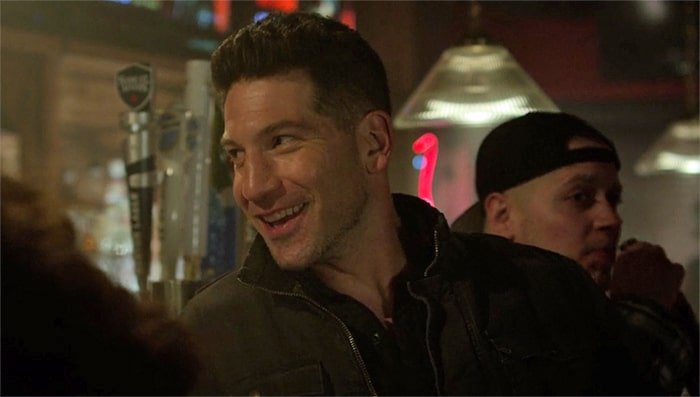
The troupe problem is one of its biggest. Everyone is a cliche, down to Castle’s deceased wife. I don’t get this “perfect woman” affect; you can love your partner deeply without being some virginal fucking angel who never raises her voice or is so selfless she has no personality of her own. How about you writers try dating? It’ll change your life, I promise.
Mostly, I hated everybody in the show, and no investment for what happened to them – save for Curtis Hoyle (played by Jason R. Moore) and John Pilgrim (played by Josh Stewart). Stewart’s neo-Nazi-turned-preacher character was surely overdone, but he pulled it off and was a joy to watch. His presence held every sequence. Moore’s acting was just fantastic; he stayed connected in every scene, and held a charismatic hold as he moved toward clear scene objectives.
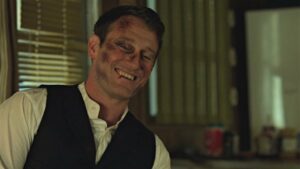
Ben Barnes’s character (“Billy Russo”) was a narrative waste, and was dragged out far beyond what one could call reasonable. You can tell when a character lacks motivation or relevance when the emotional transitions are all over the place. He’s flailing for some kind of inner reason to act the way he does, and it’s noticeably absent from Russo as a character. This typically takes form when he starts yelling; since it’s halfway through his scene, he has to make some other transition. But he doesn’t. He just keeps yelling. Maybe he calms slightly, but then ramps up again pointlessly and exhaustively. Once you hit your peak, bro, you’ve got to go somewhere else. And playing a crazy man who’s only dial is “pissed” doesn’t get you very far with regard to character development.
The speed of the final wrap-up at the end of season two was ridiculous. I think it took them all of 11 minutes to button everything up, and it felt rushed. Both the staging of the actors in the very last shot, in addition to the lighting, made it look like the start of a modern “West Side Story” dance-off. When one of the gang members screamed, “You wanna dance?” I legit thought they were going to break out into a synchronised group routine. Then ole Frank comes in and does his gorilla yell while firing two automatic weapons. It was puss icing on a shit sandwich. It felt like a child directed this scene, but one who only grew up with dated stereotypes of manliness from the 1960s.
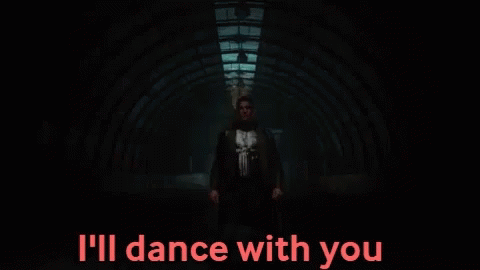
There’s some good to the show: namely, I think their depiction of violent revenge holds some dark satisfaction for viewers, and the effects are done well. The gore is believable, and the sound design heightens the intensity of the graphic assaults throughout a few pivotal scenes. I’m thinking primarily of the death of Agent Rawlins, Castle against Russo at the carnival, and of the fight between Castle and John Pilgrim.
But outside of all of that, I find myself daydreaming during episodes – wishing for what could be and trying to drown out the misery that is this flatly portrayed non-revenge, revenge narrative. Save yourself the time, and pass on this.

